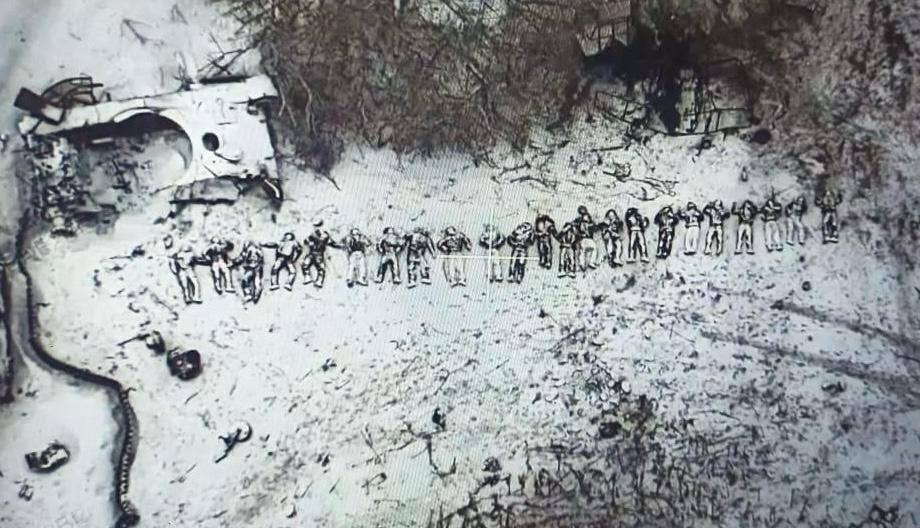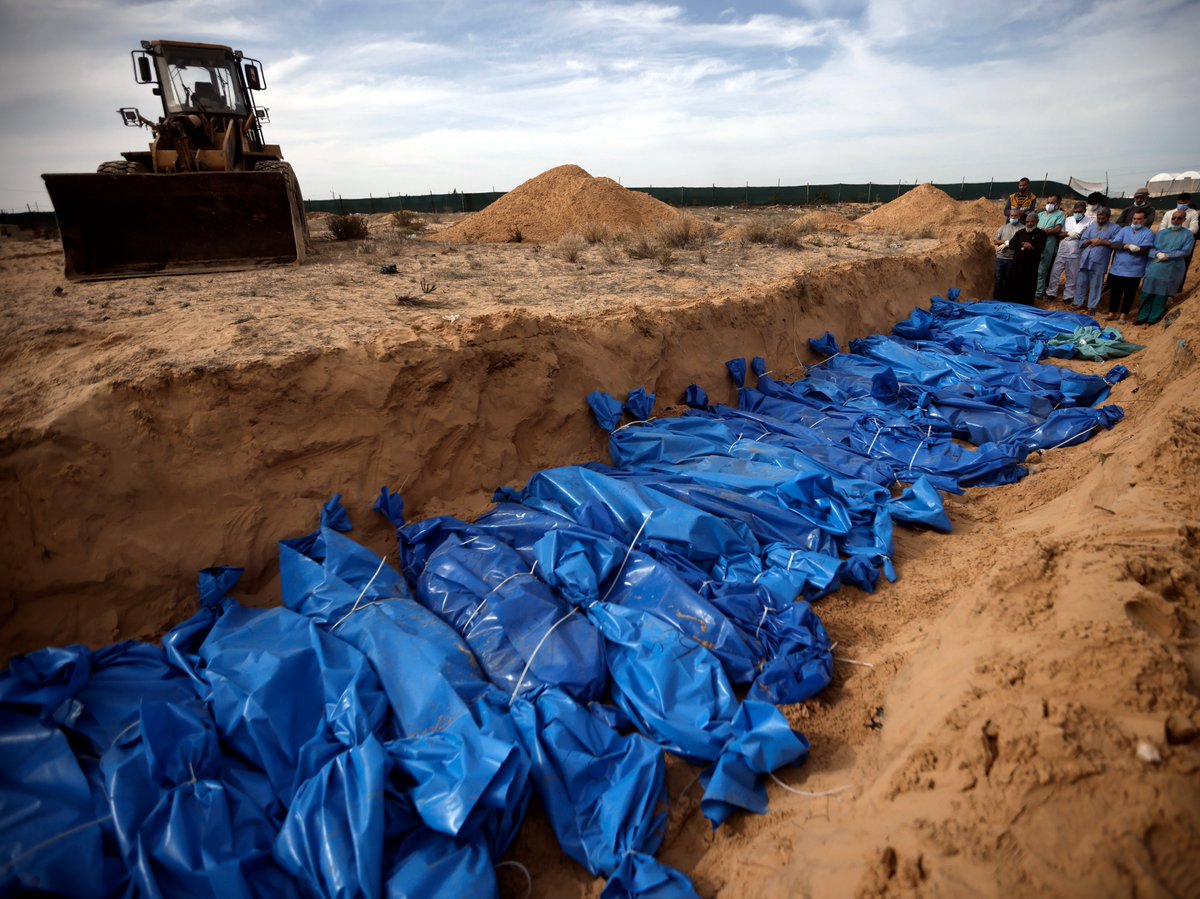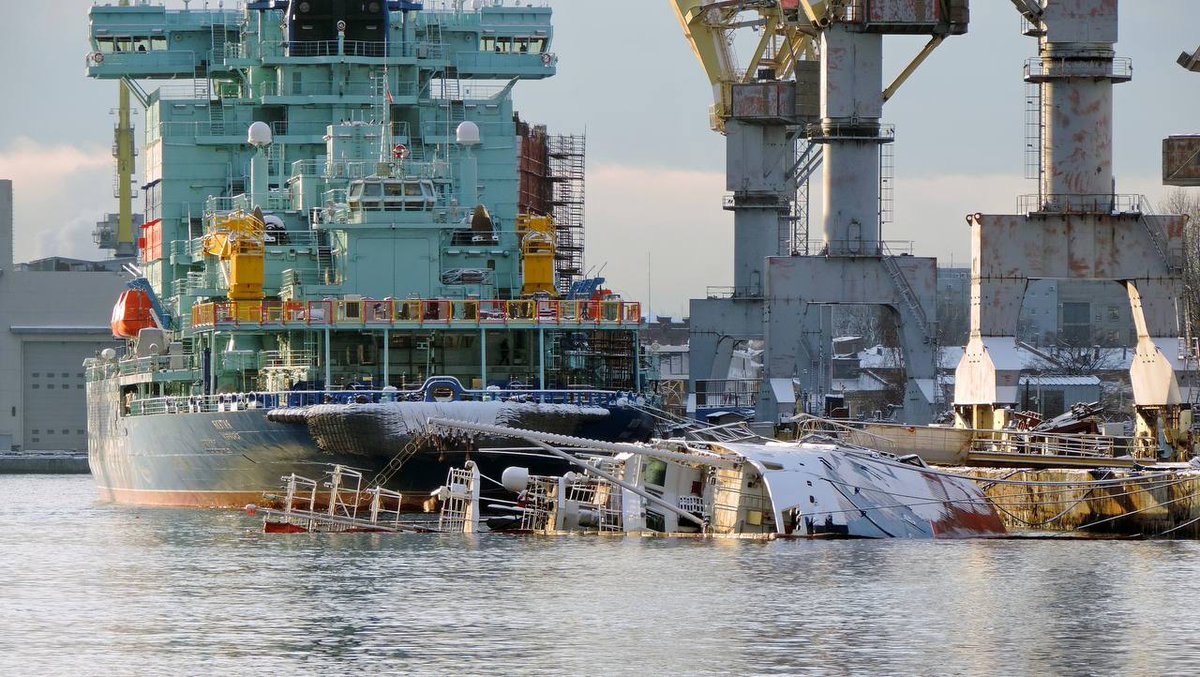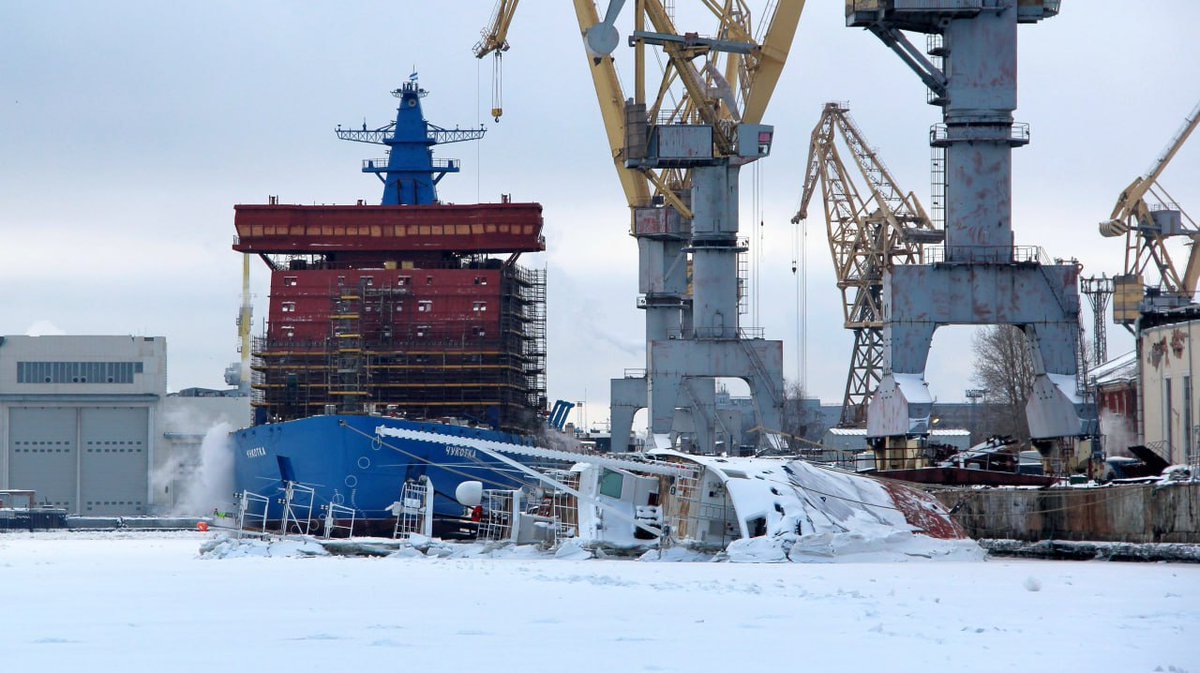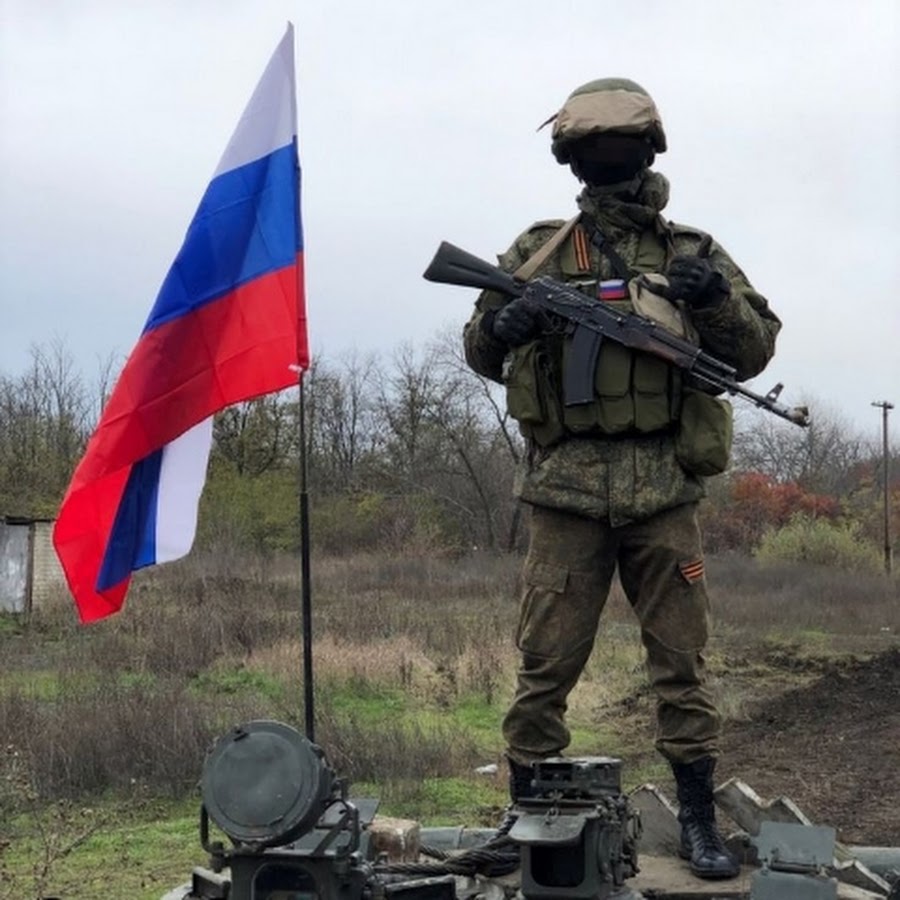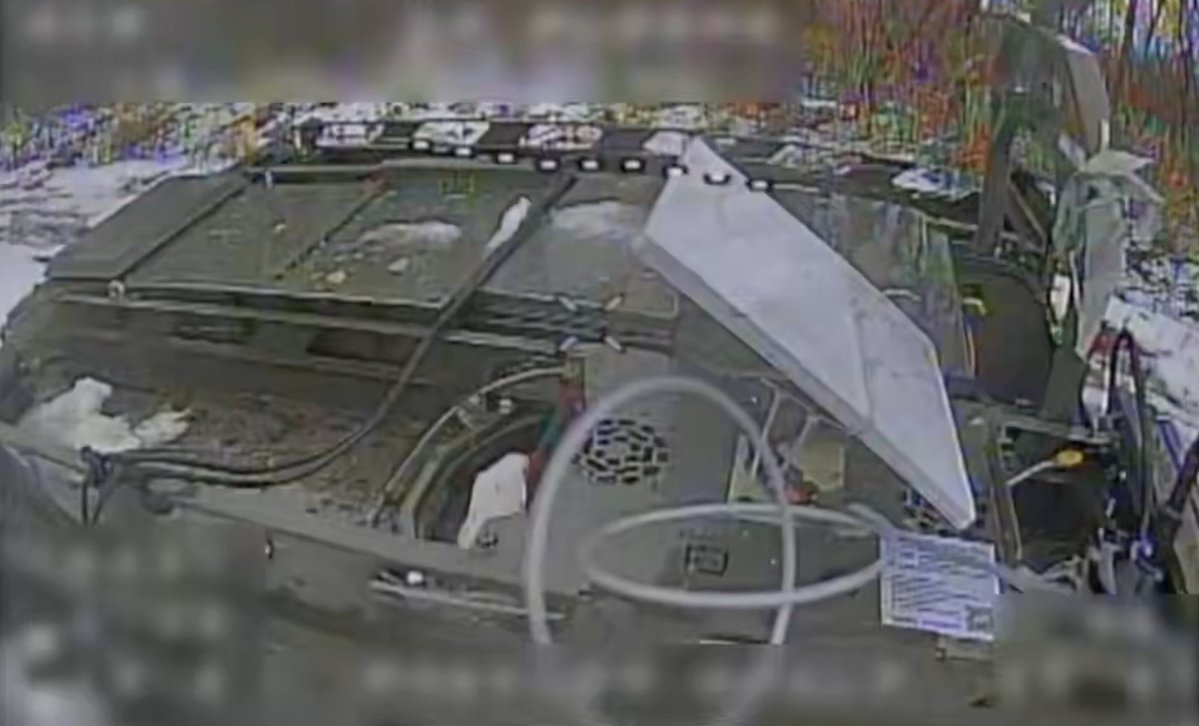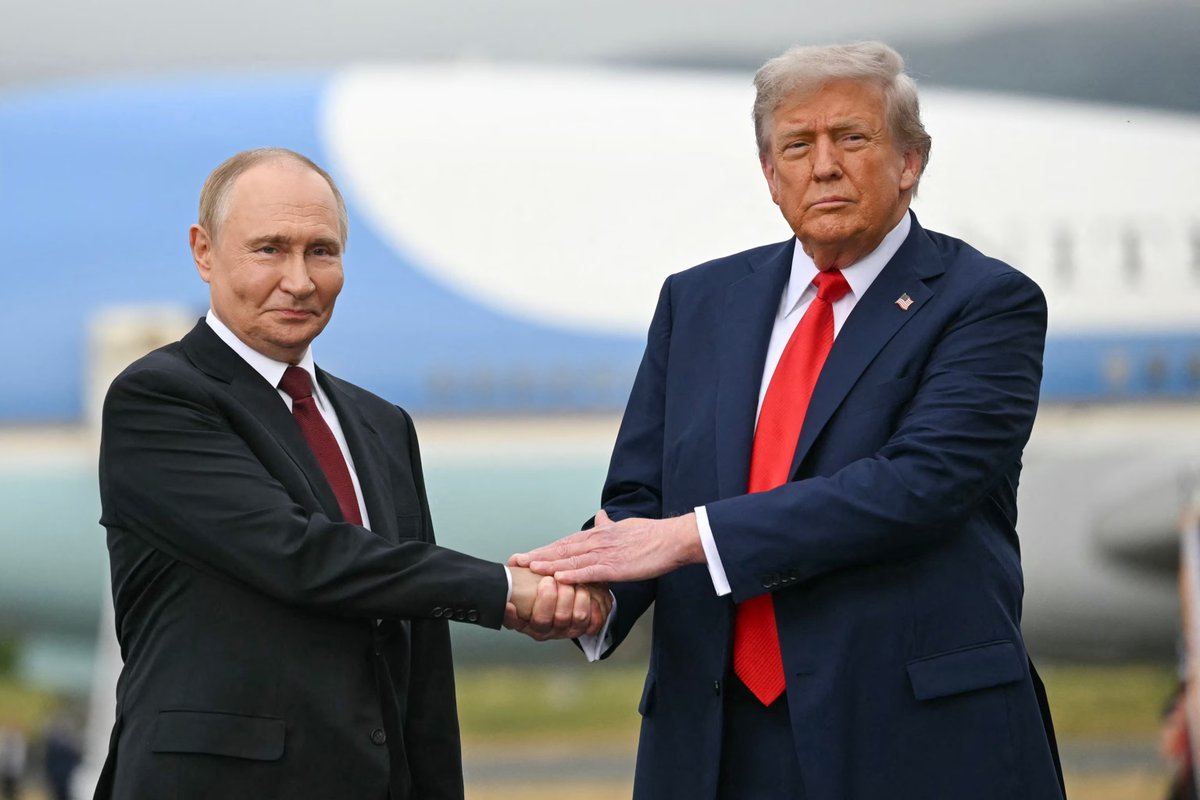1/ What do Russian soldiers think of their commanders in Ukraine? This fourth 🧵 in a series looks at soldiers' personal accounts and intercepted calls, as translated by @wartranslated, and what they say about their leaders' deficiencies and Russia's tactics in the Ukraine war. 
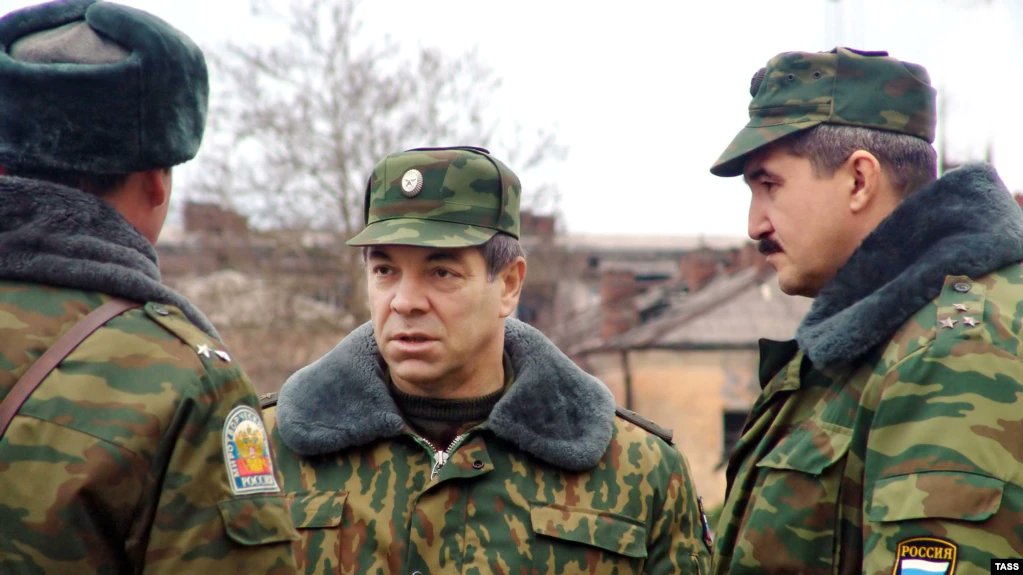
2/ For the first part, a look at the factors motivating ordinary Russian soldiers to fight in Ukraine, see below:
https://twitter.com/ChrisO_wiki/status/1552921299693064194
3/ In the second part, I've looked at the demoralising effect of inadequate training and lack of equipment for volunteers, as well as their supplies being looted before they even reached the front lines:
https://twitter.com/ChrisO_wiki/status/1553322172847951873
4/ My third thread focused on how Russian soldiers' traumatic battlefield experiences have prompted them to quit:
https://twitter.com/ChrisO_wiki/status/1553833316578631681
5/ Complaints about commanders are nothing new in war, but Russian soldiers appear to have more reason to complain than most. According to recent US reports, more than 75,000 Russians have been killed or injured so far in the war. edition.cnn.com/europe/live-ne…
6/ In his account of his experiences, Viktor Shyaga, the former Russian contract soldier whose story I've been telling in these threads, is scathing about his senior commanders. It's worth noting though that he does make a distinction between "good" and "bad" commanders.
7/ He praises his unit's commander, Senior Lieutenant Guzaev, as "a real officer and a very good person… Kind and humane". In contrast, the battalion commander, Major Vasyura, was seemingly indifferent to the casualties.
8/ According to Shyaga, Major Vasyura tried to motivate his battalion to mount an attack by "saying in front of the formation that he would shoot the legs of those who refuse to go and attack. I shouted at him from my formation that it was illegal, that it was lawless."
9/ "He didn’t respond with anything and moved on from the topic of shooting the legs."
Vasyura likely didn't join the attack himself. Shyaga comments: "if the battalion is going to attack, then the battalion commander needs to attack and not sit it out in a BTR or a basement."
Vasyura likely didn't join the attack himself. Shyaga comments: "if the battalion is going to attack, then the battalion commander needs to attack and not sit it out in a BTR or a basement."
10/ A soldier described in an intercepted call how another unit took their battalion commander prisoner, "forced him to stay with them so he wouldn’t run away. It’s because they have a fuckload of 300s [wounded]."
11/ Shyaga contrasts Vasyura's behaviour with that of another battalion commander, who "got into a BTR with 22 people and went there to help and stayed with them for two days".
12/ "When troops sense that the commander is with them, when they feel they are valued and protected, then they’ll fight to death… What is there to say when our commander was telling us directly, swearing, that he didn’t give a shit about us?!"
13/ "Our leadership as I understood didn’t care about us", Shyaga concludes. Soldiers elsewhere in the Kharkiv area felt the same about their own commanders. "Our general has a nickname, the “Bloody General”, “Kolyvan”, “Animal”", one told his mother in an intercepted call. 
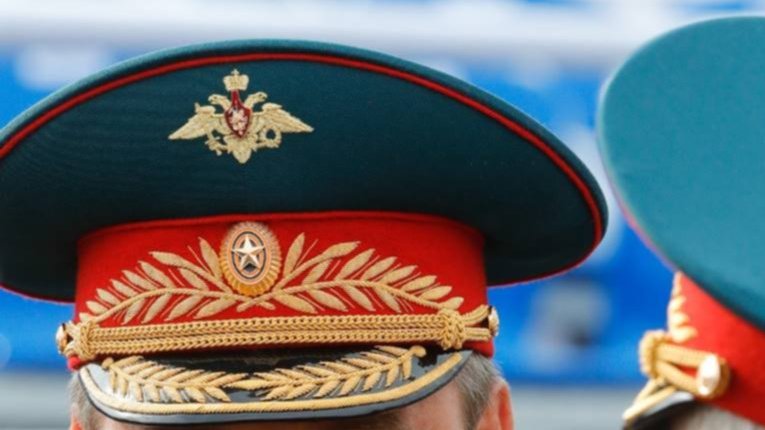
14/ According to a Ukrainian report, one Russian colonel was run over by his own men in retaliation for getting many of them killed. "Having chosen an opportune moment, during the battle, [the driver] ran over the tank commander standing next to him, injuring both his legs." 
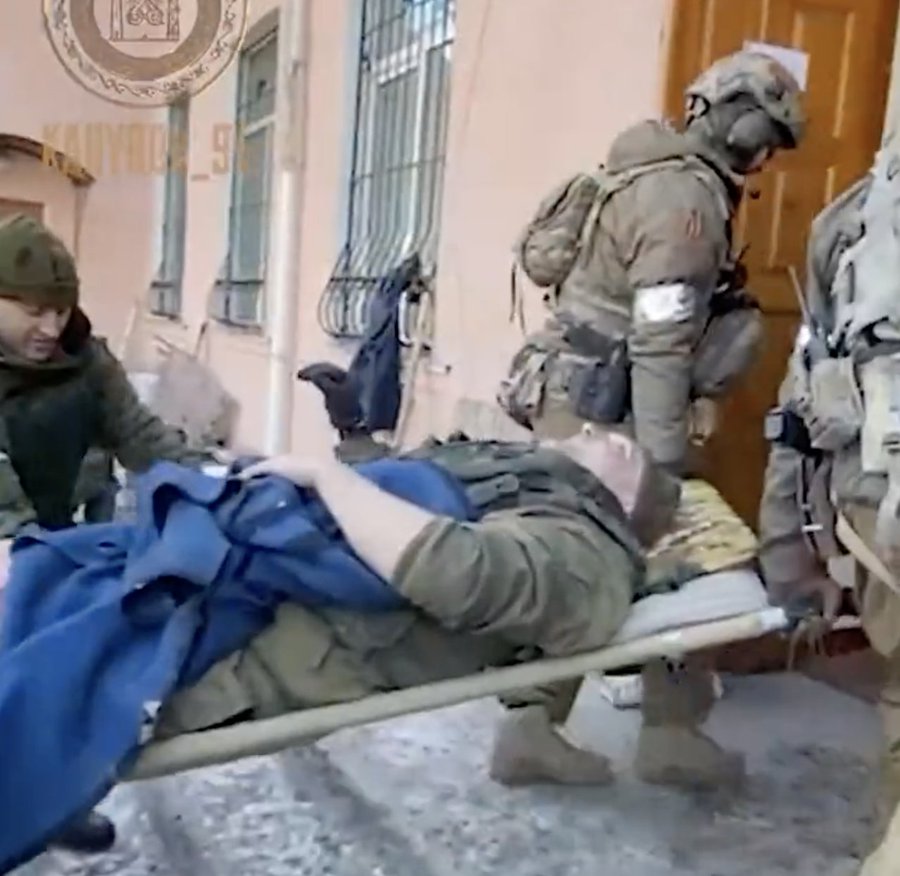
15/ Shyaga is bitterly critical of the army's repeated attempts in April-May 2022 to assault the Ukrainian-held village of Dovhen'ke, causing numerous casualties: "We kept wondering why are being sent into these insane assaults?!"
16/ "We thought, perhaps it was to locate the enemy artillery while it was shelling us? Or for the Ukrainians to use up their shell stocks on us? Then we wondered if it was to distract the attention of the Ukrainian army? I don’t know."
17/ Other soldiers said similar things in intercepted calls. "They just sent us in like cannon fodder for slaughter," according to one; "they just threw us in like fucking meat", said another. A soldier, likely talking about the failed attempts to capture Dovken'ke, complained:
18/ "We cannot take one fucking village. They went, got twenty people killed, a hundred wounded. We’re in fucking awe since 23 February and still are. Everything here is so corrupt, it’s fucked. In Izium the boys were run into the ground so hard they’re all finished." 
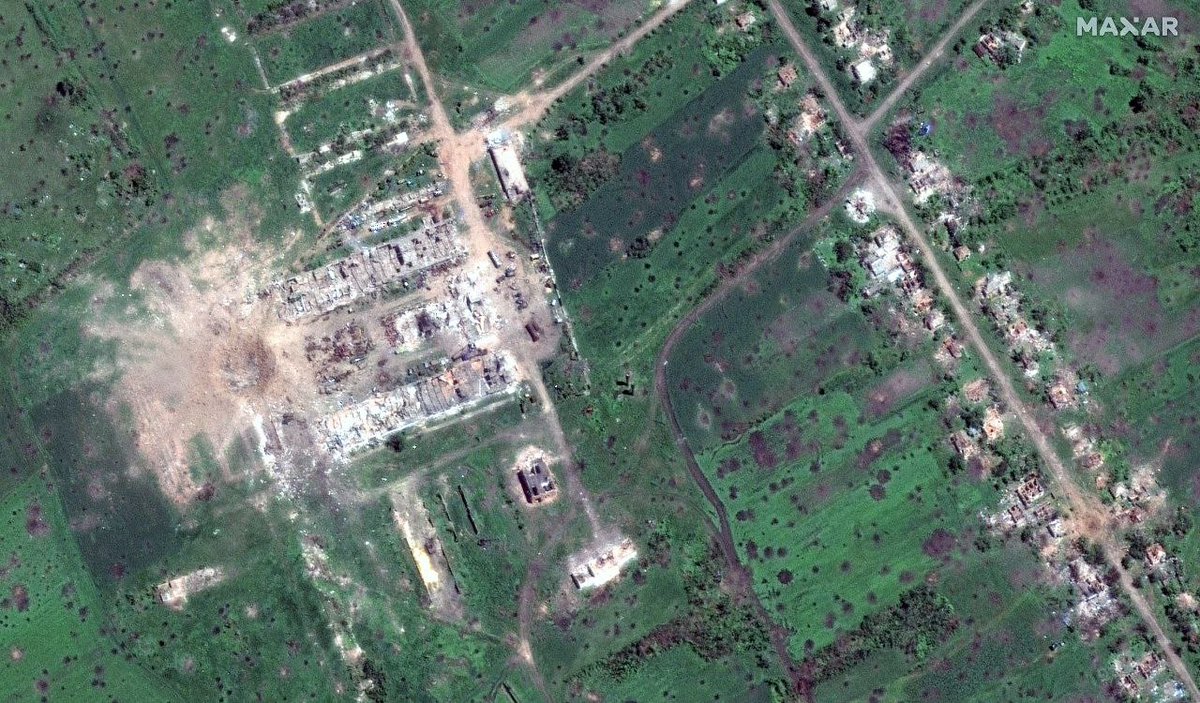
19/ "The boys were sent to the pedestrian bridge without tanks, without APCs, they were just running back and forth… they’d go, get their ass kicked and come back."
Shyaga felt that "due to constant lies we couldn’t believe our command anymore."
Shyaga felt that "due to constant lies we couldn’t believe our command anymore."
20/ "Twice before the attacks we were told that everything was going to be alright, that the enemy artillery was suppressed, that ahead of us other units of ours are already advancing and we just needed to reach them."
21/ "But each time this turned out to be a lie and ended up with senseless losses for us."
This greatly demotivated the soldiers: "It’s just that after such a disgusting and vile attitude from our leadership, many didn’t want to stay and fight in this unit… myself included."
This greatly demotivated the soldiers: "It’s just that after such a disgusting and vile attitude from our leadership, many didn’t want to stay and fight in this unit… myself included."
22/ The ordinary soldiers received little recognition for their efforts. Despite the bravery of a number of Shyaga's comrades, "during this whole time, in the whole division, only the officers were receiving state awards. Not a single sergeant or a private received an award." 
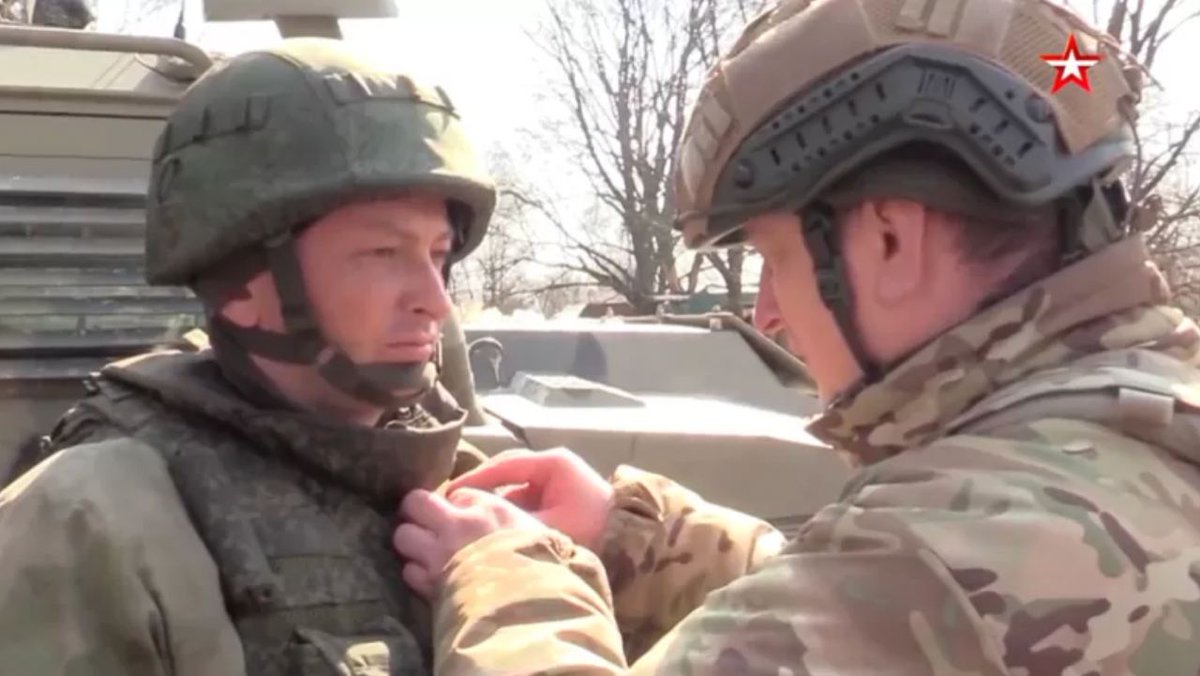
23/ The men of Shyaga's division were also denied the opportunity to rest and recuperate. "[We] were told we will be in Ukraine from two weeks to a month, and then we’d be taken out to Russia for 10 days to rest. But that also was a lie."
24/ "Specifically in our division there was no rotation. Volunteers on a contract who entered Ukraine on 24 February are still there and never left for Russia. Same for us – if we stayed, we would be there until the end of our contracts, so for half a year until September."
25/ Rather than rotating their troops, army commanders sent new, minimally trained volunteers to join depleted units and go straight into battle. As one soldier put it, "The volunteers who are coming, they are thrown into infantry. Infantry and reconnaissance are living meat."
26/ "We were sent to attack in groups of 40-50-60 people," Shyaga writes. But "everyone realised that you first need to destroy Ukrainian army strongpoints with aviation, artillery, missiles, and only then send a mass infantry attack from multiple directions towards Dovhen'ke."
27/ "It got to a point where in early May they started sending only 7 people to attack!!", Shyaga says. He concluded that his command "simply had the task of taking Dovhen'ke and simply sent in everyone they could."
28/ He suggests that Russian commanders were guilty of willful lying and wishful thinking. On one occasion, eight helicopters were ordered to support an attack. "Only two of the eight helicopters took off. Others were either broken or had no fuel."
https://twitter.com/i/status/1554146420093075458/video/1
29/ "Only one of the helicopters successfully fired at the objective. Not all the targets were hit. Or in fact, 80% of the targets were not hit. Yet this operation’s commander reported to his leadership that all is well and all the targets were hit..."
30/ "I understand how these huge losses of human lives and vehicles can happen. The superior commander believes that if all the targets were hit then he can send infantry with tanks to assault this area."
31/ "As a result, infantry with tanks moves out and gets shelled with every weapon possible… Our tanks were hit in dozens during attacks and while marching… [We] have immense vehicle losses, both BTRs and BMPs, trucks, engineering vehicles."
32/ Fuel truck drivers were particularly vulnerable due to a lack of basic equipment and force protection. Shyaga recounts a discussion he had on 8 May with a fuel truck driver from the Central Military District, who was attached to the 3rd Motorised Division.
33/ "[The driver] said when they stay in Izium for two weeks (then go back to Russia for a few days to get fuel), they often get shelled with Grad and Tochkha-U [rockets]. He said they move in columns of 20-40 vehicles without any cover."
34/ The drivers "bought radios with their own money and stayed in touch this way." On one occasion, when they were attacked by Ukrainian Grads, they scattered but "managed to get together again thanks to the radios. 2 fuel tankers were hit that time." 
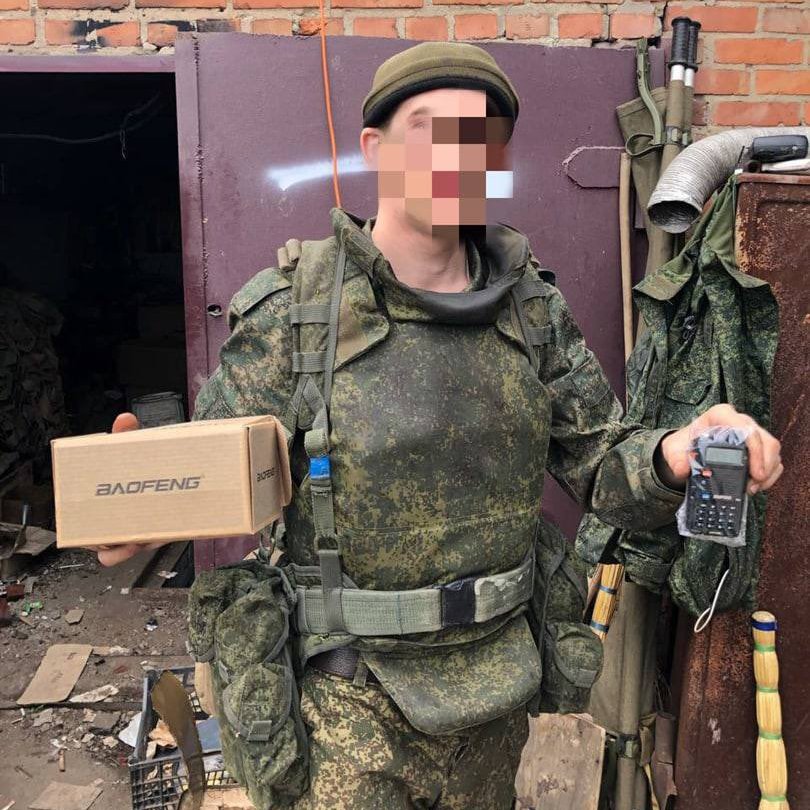
35/ The truck drivers acquired a BTR armoured vehicle with no wheels that had been abandoned by pro-Russian separatist forces from the Donbas. They fixed it up themselves and planned to take it with them as cover. "Maybe they’ll find another 2-3 BTRs somewhere?," Shyaga suggests.
36/ Russian troops elsewhere have resorted to online crowdfunding to buy equipment. In one example revealed in an intercepted call, "The boys who were wounded are coming back, buying themselves nightvisions, otherwise there’s nothing…" 
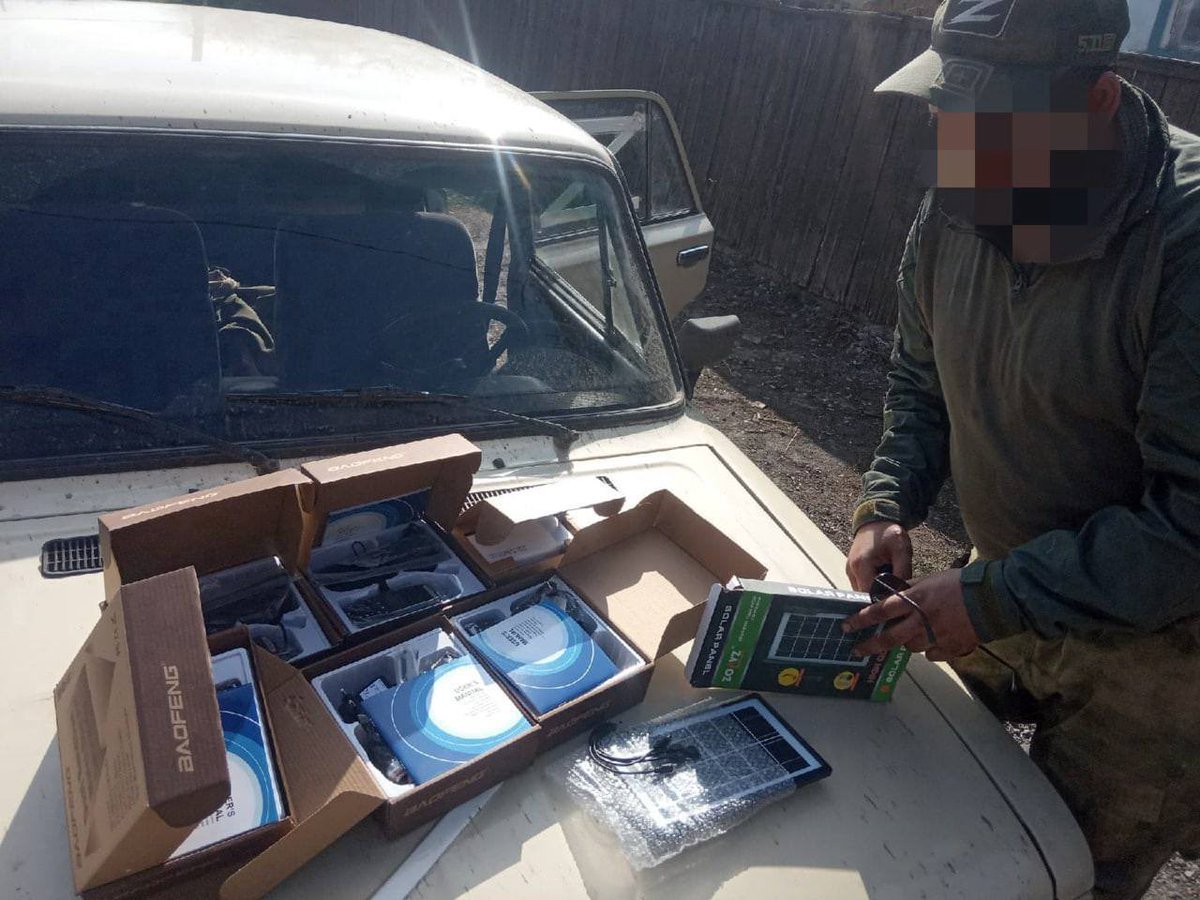
37/ One brigade commander looted a Ukrainian apiary ("there’s a fuckload of them here") to get money for equipment. "Yes, we have our brigade commander here, he was selling honey, buying UAVs. Twenty two-hundred litre barrels of honey he sold, imagine, and bought 4 UAVs."
38/ To make matters worse, some of the supplies the troops at Izium received were useless. Construction troops had too few spades and lacked any picks. On one occasion, the troops "received KAMAZ trucks loaded with shoe polish and toilet paper." 
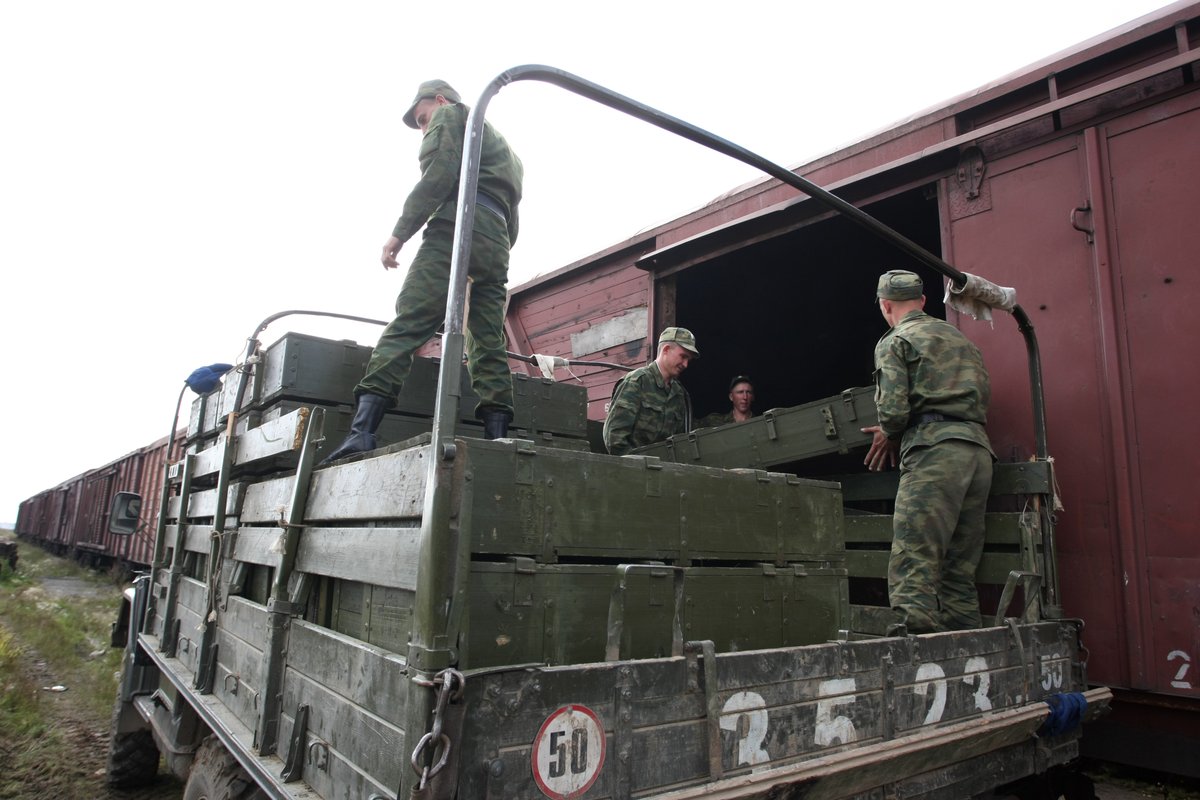
39/ "The toilet paper, having travelled under pouring rain in trucks with leaky roofs, of course, has fully soaked and without drying it is unsuitable for use (the question of large-scale hanging of the toilet paper to dry is being agreed with the command right now)."
40/ The Russian forces' well-publicised communications problems seriously hampered Shyaga's unit. According to a reconnaisance soldier he spoke with, "We often don’t have proper communication and interaction between battalion and regiment, and regiment and division."
41/ Another soldier in the battles near Kharkiv writes that "the communications during the main period of hostilities were provided in the first line of battle formation by, at best, TA-57 field phones but for the most part – by messengers."
42/ Shyaga and other soldiers are particularly critical of Russia's artillery, which they castigate as inaccurate, ineffective and unresponsive, on one occasion letting a Ukrainian artillery unit shell his unit in Sulyhivka with impunity for a whole day.
43/ "Not a single scum from our artillery hit it, even though there’s plenty of our artillery stationed among shrubbery," Shyaga comments. He asked another soldier why the artillery was so ill-prepared.
44/ "He said – ‘Photo reports. They don’t shoot properly, just take photos and write that all is well, all the targets have been successfully hit’. 
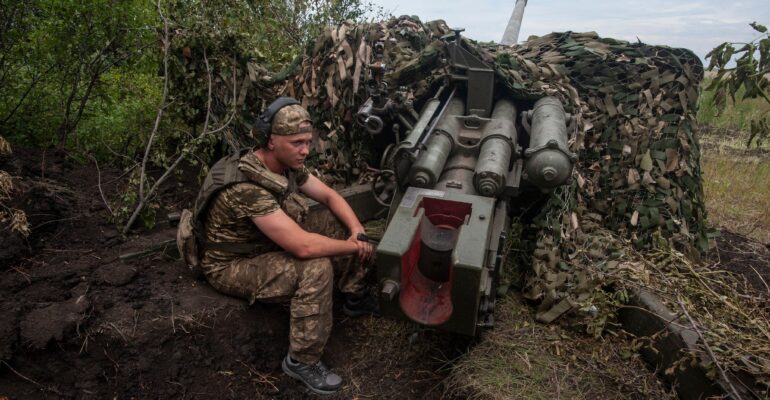
45/ In an intercepted call from one of the units near Kharkiv, a soldier told his mother that the artillery was "so crooked that you can measure their misses in kilometers. So it’s really sad." Many newly qualified artillerymen – replacements for casualties – were ineffective.
46/ "The boys were taken to Naro-Fominsk in Moscow, trained for two days on tanks, artillerymen trained for two days, trained for two days and that was it, sent to the frontline. And they can’t hit anything. Nothing."
47/ The uselessness and apparent callousness of his commanders ultimately broke Shyaga's willingness to fight and drove him to quit the Russian army. A driver he spoke to told him: "[See] what they’ve done to your idea? They just pissed on it".
48/ In the next thread, I'll look at what has been happening to Russian troops when they try to resign from their contracts and leave the army. /end
• • •
Missing some Tweet in this thread? You can try to
force a refresh


